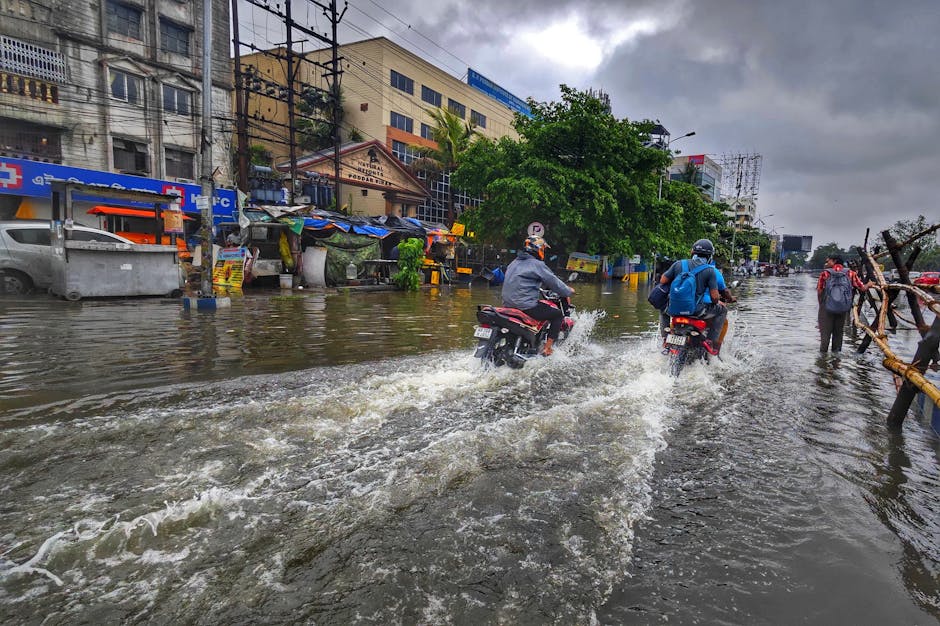A Battered Gaza: Two Years of Conflict
Two years of relentless war have left Gaza scarred, its people weary, and its future uncertain. The conflict, which began in 2023, has devastated the region, claiming thousands of lives, displacing countless families, and reducing infrastructure to ruins. Basic necessities like food, water, and electricity remain scarce, while the psychological toll on children growing up in fear and instability is immeasurable.
A Glimmer of Hope: The Ceasefire Plan
Against this bleak backdrop, a proposed ceasefire plan has emerged, sparking a mix of emotions among Gazans. For many, it represents a beacon of hope. “We’ve been living in a nightmare for two years,” says Ahmed, a father of three from Gaza City. “If this ceasefire holds, maybe my children can finally sleep without the sound of bombs. Maybe we can rebuild our lives.”
The plan, brokered by international mediators, includes provisions for humanitarian aid, the reconstruction of Gaza, and a phased withdrawal of military forces. For those yearning for normalcy, it offers a chance for schools to reopen, hospitals to function effectively, and families to reunite after months of separation.
Lingering Skepticism: Broken Promises of the Past
However, not everyone is optimistic. Memories of previous ceasefires that collapsed within weeks—or even days—have left many wary. “We’ve been here before,” says Mariam, a schoolteacher from Rafah. “Every time they talk about peace, it’s just a pause before the fighting starts again. How can we trust this time will be different?”
Critics argue that the plan fails to address the root causes of the conflict. “Without tackling issues like borders, sovereignty, and the blockade, this is just a temporary fix,” says political analyst Dr. Youssef Hammad.
The Political Divide: Hamas, Israel, and the International Community
The divide in public opinion is mirrored in the political arena. Hamas has cautiously welcomed the plan but insists on tangible improvements for Gazans. “We are open to dialogue, but we will not accept empty promises,” says a senior Hamas official.
Israel, meanwhile, has signaled willingness to engage but remains firm on security concerns. “Any agreement must ensure the safety of our citizens,” says an Israeli government spokesperson.
The international community, including the United Nations, has called for an immediate cessation of hostilities. “The world cannot afford to look away,” says UN Secretary-General António Guterres. “This is a moment to prioritize peace over politics.”
A Fragile Future: Hope and Uncertainty
As ceasefire talks continue, Gazans are left grappling with their hopes and fears. For some, the plan offers a chance to heal and rebuild. For others, it is yet another uncertain chapter in a long and painful struggle.
The success of the ceasefire will depend on genuine commitment, trust, and addressing the deep-seated issues fueling the conflict. For the sake of Gaza’s children and future generations, the world must hope that this time, peace will prevail.
As the sun sets over Gaza’s battered streets, the question lingers: Is this the beginning of a new era, or just another fleeting moment of calm before the storm? Only time will tell.




